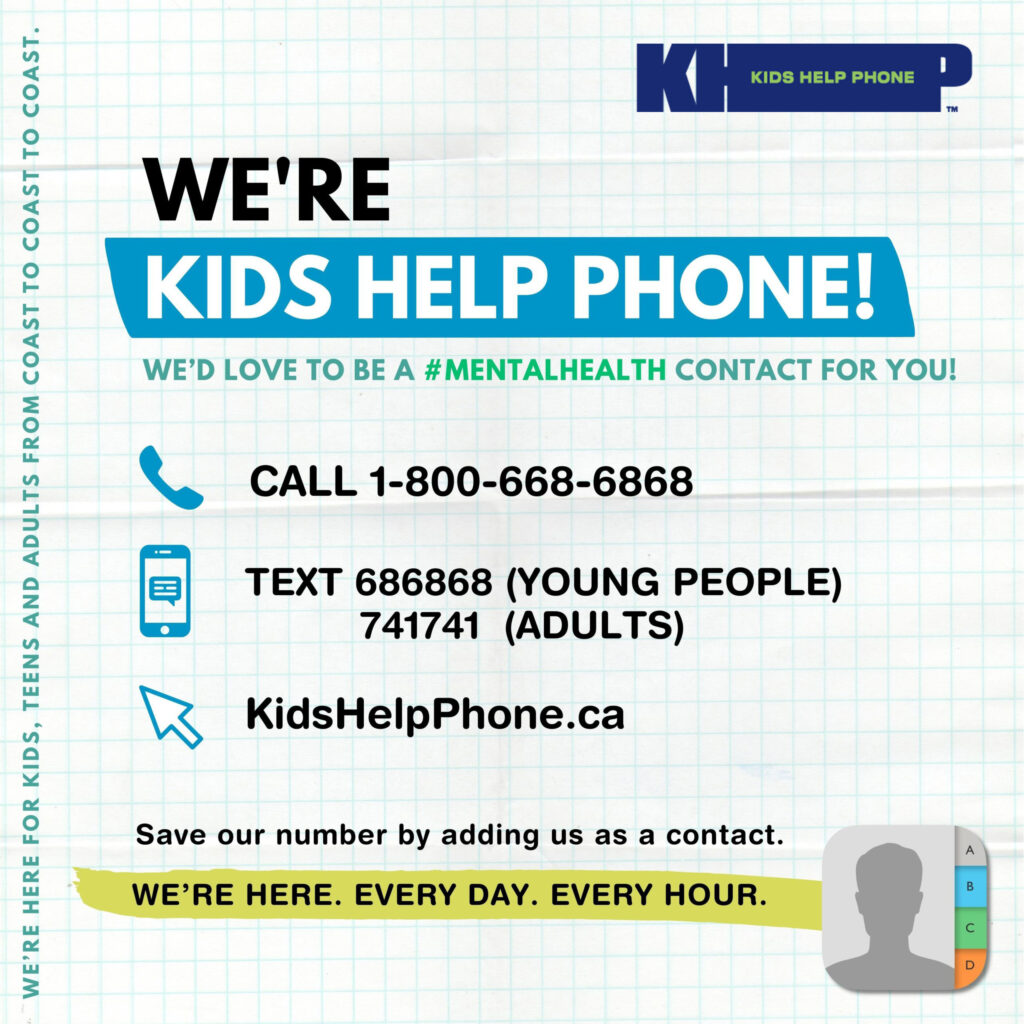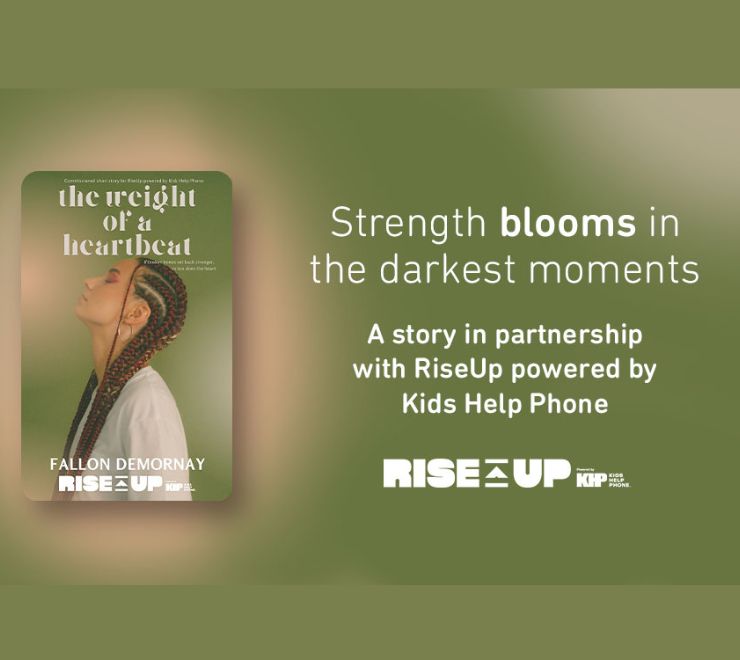Learning that someone you care about is dealing with self-injury can be difficult and painful. People self-injure for many different reasons, and it may be a way to cope with something larger going on in their life. Self-injury can be tough to open up about. It might help to learn more about self-injury to have a better sense of what your friend is going through. Try to be gentle with yourself — learning and reading about self-injury can be challenging. Taking care of yourself is just as important as helping your friend. Here, Kids Help Phone shares ways you can approach a conversation and support your friend.
How can I help a friend who’s dealing with self-injury?
Reach out
Let your friend know you’re worried about them. You can open up a conversation with empathetic phrases like, “I care about you and want you to feel better. What’s been going on lately?” or, “I’ve noticed you’re more distant these days. Do you want to talk about it?” They may not be ready to open up right away. Showing that you care can help them understand you’re someone they can reach out to when they’re ready.
Respect their choice
If your friend doesn’t want to talk about their self-injuring, it’s important to respect their decision. Only they can decide what they need and if / when they’re ready to open up about their experience. It may be helpful to ask your friend how you can support them, or suggest activities and fun things to do together.

Listen
Check in with your friend and let them know you’re there to listen and support them when they need it. You may feel like you need to have the perfect advice to give, but it’s not your responsibility to try and diagnose them or tell them what to do. You can say things like, “It sounds like you’re going through a lot right now…” to reassure them that you’re truly there and listening to what they’ve shared with you about dealing with self-injury.
Share resources
If your friend is open to it, you can share information / links / resources you found helpful or that you think may be helpful for them while they navigate these difficult feelings. You can even share the graphic below so they know Kids Help Phone’s services are available 24/7.
Be a team
If your friend is ready to speak to someone and you feel comfortable listening to them, offer to help or support them. This may mean going with them to talk to someone like a counsellor, teacher, doctor or other safe adult, or staying in touch with them while they reach out to Kids Help Phone.
Take care of yourself
Supporting a friend can be hard and take a toll on your emotional health and well-being. If you’re struggling with your emotions or worried about your friend, it’s OK to connect for support of your own. Practising self-care to recharge after a conversation may also be helpful.
It takes a lot of courage to reach out, show your friend you care and take the time to learn more about self-injury and support. If you’d like to get more tips for helping a friend, check out these 20+ resources from Kids Help Phone.













